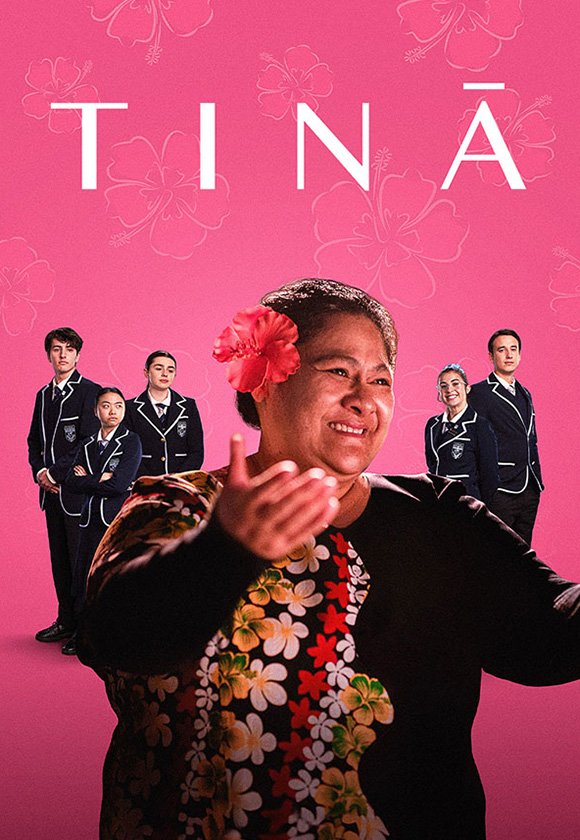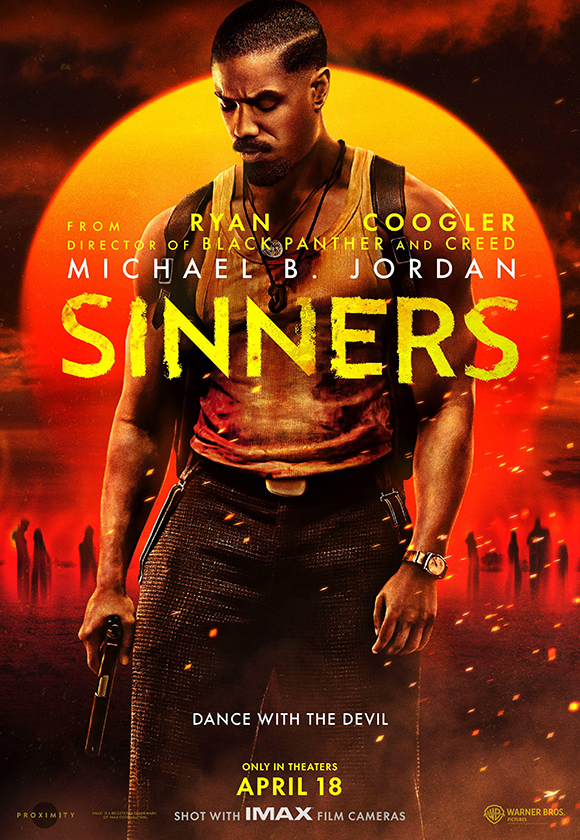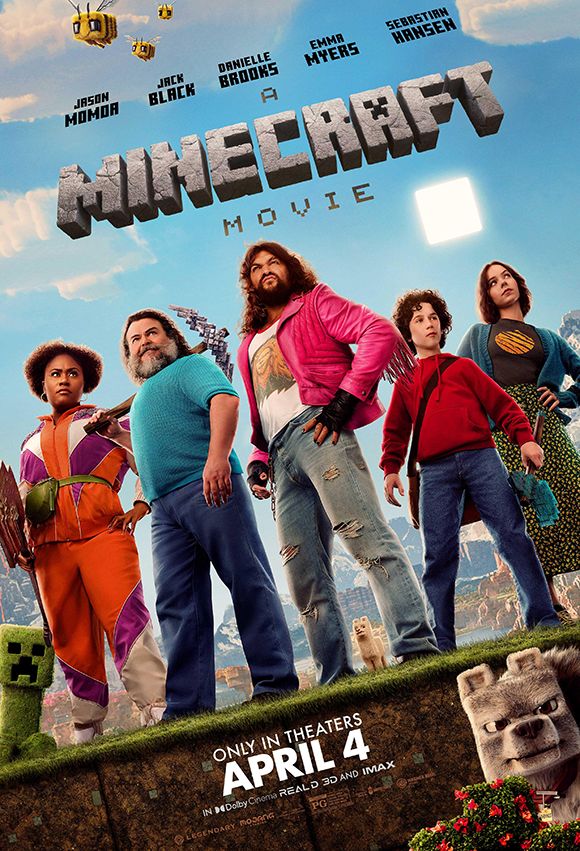Tinā
NZ release: 19 February 2025
Violence, offensive language and suicide references Rated on: 08 October 2024
Tina

What’s it about?
Mareta, grieving her daughter's death in the Christchurch quakes, becomes a substitute teacher at an elite school. Unexpectedly, she discovers students lacking guidance and care, prompting her to provide inspiration and support.
The facts
- Directed by Miki Magasiva
- Produced by The Brown Factory
- Starring Anapela Polataivao, Beulah Koale, and Antonia Robinson
- English and Samoan languages
- Runtime: 125 minutes
Why did it get this rating?
This film was rated by the Film and Video Labelling Body. You can find out more about ratings here.
Content that may disturb
The opening scene of the film shows the moment the February 2011 Christchurch earthquake struck, with a character experiencing the shaking in her workplace. We then see her walking through rumble to find her daughter near the CTV building. We see corpses on stretchers covered by blankets. No graphic wounds are shown. The scene is upsetting and may be especially distressing for people impacted by the Christchurch earthquake.
The loss of Mareta’s daughter is referenced frequently throughout the film. This may be upsetting for people impacted by the death of a young person.
Violence
A school yard fight breaks out after one student makes a racial insult towards another student. We see students fist fighting, tumbling, and a female student does a choke hold on a male student causing him to fall asleep. The fight is almost comical, and no blood or lasting injuries are shown.
A male teacher is seen from a distance grabbing a student by the face, yelling, and threatening him with strong language. Another teacher interrupts, and he abruptly stops.
Offensive language
There are several racial slurs spoken in the film to highlight the racist climate that the characters live in. These are shocking moments that make you feel for the characters being bullied.
Offensive language is used occasionally throughout the film and is often funny: ‘holy sh*tballs priest’, ‘f*ck’, ‘f*cking’, ‘b*tch’, ‘sh*t’, and ‘arse’ are the strongest words used.
Suicide references
A character visits a male family member in hospital after he attempts to suicide. There is a mention of overdose, a difficult childhood, and the patients speaks about the shame he feels. They briefly talk about what happened without going into detail. The scene is gentle and shows a supportive relationship.
Helplines:
The suicide and abuse references could be upsetting for some viewers, especially for those who have gone through similar experiences. If you are struggling with what you have seen on-screen please reach out for help. If you or someone you know needs to talk:
Further information
Recent featured decisions
Violence and scary scenes
Four misfits are suddenly pulled through a mysterious portal into a bizarre, cubic wonderland that thrives on imagination. To get back home, they'll have to master this world while embarking on a quest with an unexpected, expert crafter.

